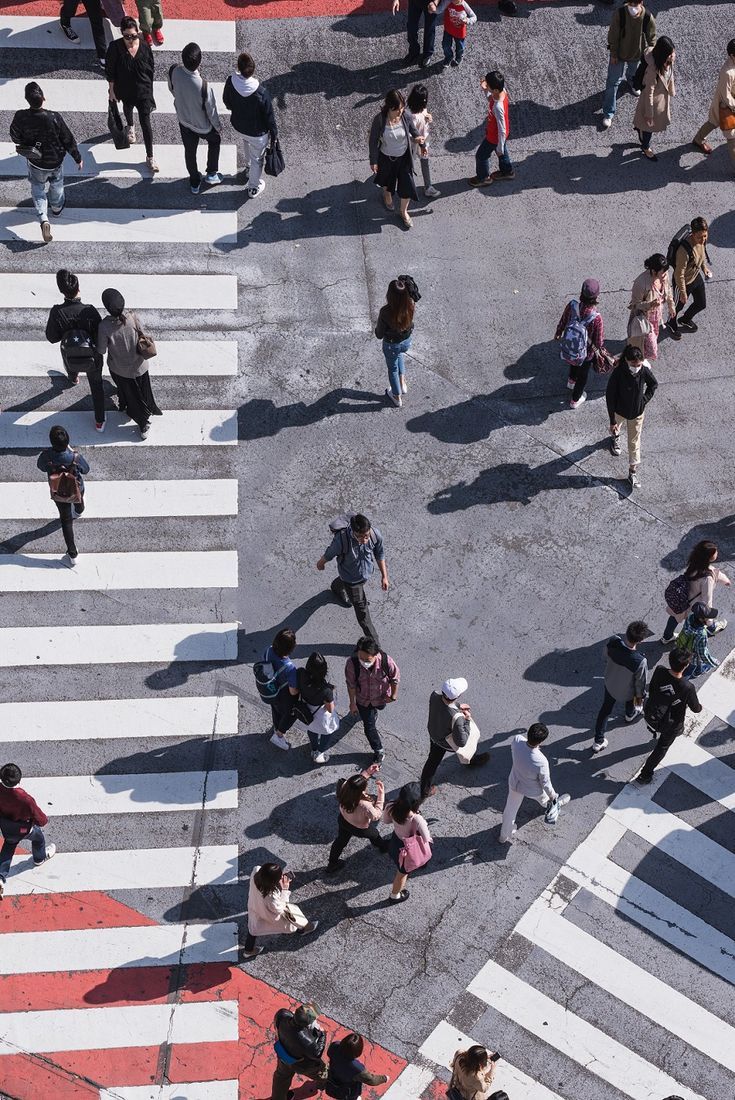Over the years, I have learned a lot… by watching others!
It is so easy to be distracted by our habits, schedules and routines. Digital devices, social media, immediate access to the internet, instant messaging… interruptions are taking a toll on our well-being.
And I'm sure you agree, so many people are TOTALLY oblivious to their surroundings.
People-watching is a great way to pause and be still.
It allows us to be in the “here-and-now”. Airports, train stations, shopping malls, hospitals, parks, cafes, waiting rooms… paying attention to the world around us can teach us so much about life! By simply observing people, we can learn to understand why they do the things they do.
People-watching can be useful in the workplace too. It has certainly helped me quickly identify the organisational culture, team dynamics, power struggles, underlying conflict and influential individuals. Negative and hostile environments are easy to spot.
Of course, it’s not done to harm those involved. It’s not intrusive or judgemental of people’s appearance or behaviour. The aim is to observe, not to pass judgement.
Watching other people can help you to...
- Put yourself in other people’s shoes
- Become more compassionate and empathetic to others
- Learn something new by watching someone and modelling their actions
- Appreciate the uniqueness in others
- Get your mind off your own problems
- Relieve stress and calm down
- Be more mindful and present in the given moment
- Let your mind wander and your imagination run wild
- Inspire you to take action in your own life
- Find some version of yourselves in others
Everyone can benefit from people-watching in some way. Even if it is for a short time, people-watching can provide great insight into human behaviour. When you observe others, you can learn so much about yourself.
Why not give it a go?
Pick a location. Then, be attentive and ACTIVELY observe people. Perhaps focus on an individual. Or you might want to look at families or small groups. Pay attention to things like body language, gestures and facial expressions. What are people wearing? Do they seem talkative? Can you figure out their mood? Are they happy or sad?
Pay close attention to what bothers you about other people. Could this be a quality you don’t like in yourself? Often, the things we dislike in others are actually the things we dislike in ourselves. Everyone and everything around you is a mirror.
You might want to see how people behave in certain situations, for example, when they see a homeless person? Do they acknowledge the person in some way? Or do they avoid eye contact and walk a little faster? Write things down and reflect on your observations later.
It’s fascinating what you can discover simply by observing someone.
By the way, whilst you are people watching, someone could be watching... YOU!!!

Eila Mikkonen
Counsellor, Coach & Mental Fitness Facilitator


